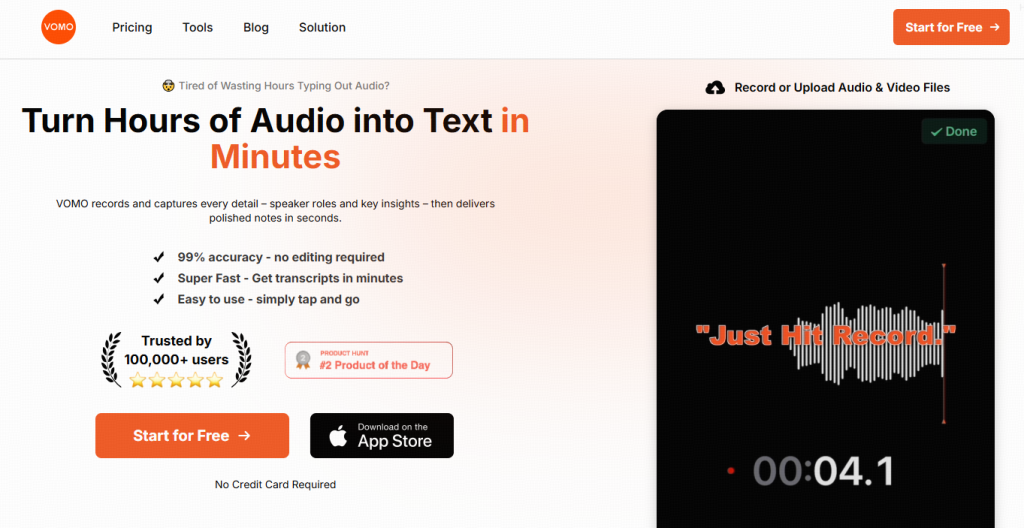You can use ChatGPT in combination with OpenAI’s Whisper API to achieve accurate speech-to-text conversion by first transcribing the spoken content and then processing it with ChatGPT for refinement. Whisper handles the transcription, while ChatGPT can summarize, translate, or format the text.
This two-step workflow delivers high-quality results for various use cases, from meeting notes to subtitles.
Step 1: Record and Prepare Your Audio
Start by recording your audio in a clear format such as MP3 or WAV. Ensure minimal background noise and clear pronunciation to improve accuracy. Once you have the recording, it’s ready for transcription. This process is commonly referred to as audio to text, where Whisper will convert speech into readable text for ChatGPT to process further.
Step 2: Transcribe with Whisper API
The Whisper API is a powerful speech recognition tool from OpenAI. It supports multiple languages and works well with different accents and dialects. Here is how to use it:
- Upload your audio file to a Whisper-powered platform or use the API directly.
- Whisper converts the spoken words into text with high accuracy.
- Save the transcript for the next step — ChatGPT processing.
I have also prepared a detailed guide on the Whisper API, including the platform, usage instructions, code examples, and more.
Step 3: Process the Transcript with ChatGPT
Once the transcription is complete, feed it into ChatGPT. Here’s what you can do:
- Summarize long recordings into concise bullet points.
- Correct grammar and improve readability.
- Translate the content into other languages.
- Reformat the transcript into articles, meeting notes, or scripts.
Step 4: Using Whisper and ChatGPT for Video
If your content is video-based, extract the audio track first, then use Whisper for transcription. This is known as video to text conversion. Once you have the transcript, ChatGPT can help generate captions, summaries, or even blog posts from the video content.
Tools That Work Well with ChatGPT and Whisper

- VOMO AI – Converts both audio and video into text, with built-in AI summarization.
- Otter.ai – Ideal for real-time meeting transcriptions.
- Notta – Supports multiple languages and formats.
- Sonix.ai – Professional transcription and captioning service.
Best Practices for Accurate Speech to Text
- Use high-quality microphones to minimize distortion.
- Avoid overlapping voices when possible.
- Choose a quiet recording environment.
- Review and proofread the final transcript before publishing.
Limitations to Keep in Mind
- Whisper and ChatGPT require separate steps — there’s no one-click speech-to-text in ChatGPT alone.
- Accuracy may drop with heavy accents or poor audio quality.
- Real-time transcription with ChatGPT is not natively available without third-party tools.
Final Thoughts
By combining Whisper API for transcription and ChatGPT for text refinement, you can create a highly accurate and versatile speech-to-text workflow. Whether you’re working with podcasts, interviews, or video content, this method ensures professional-grade results while unlocking ChatGPT’s full potential for analysis and content creation.


